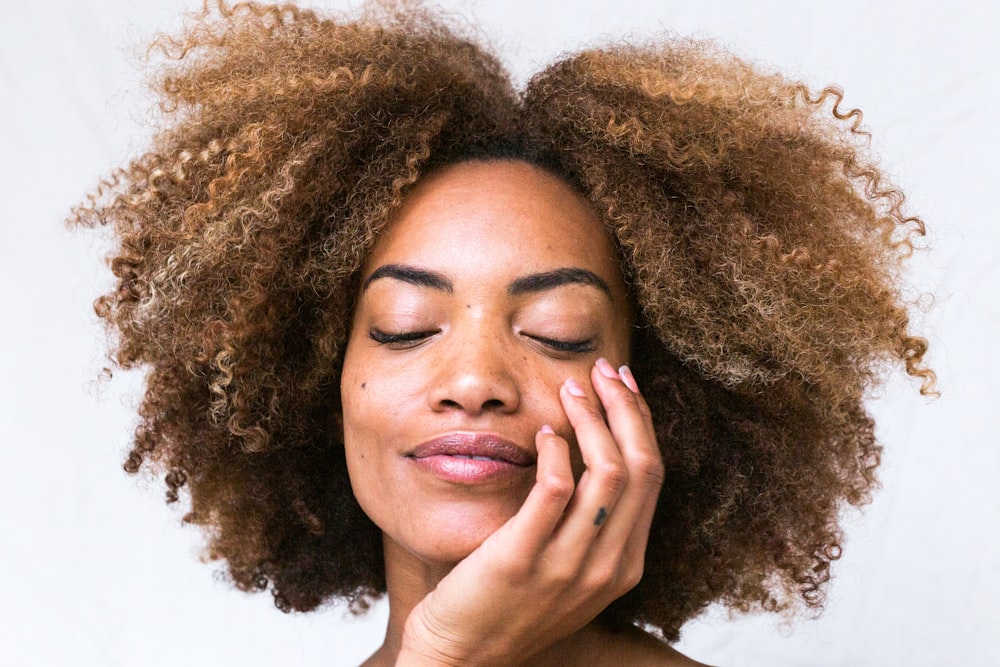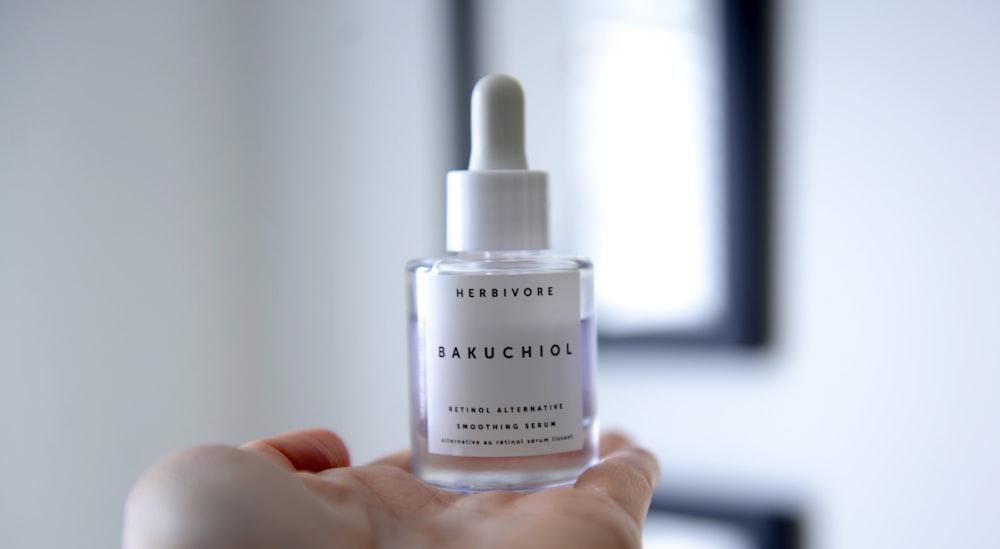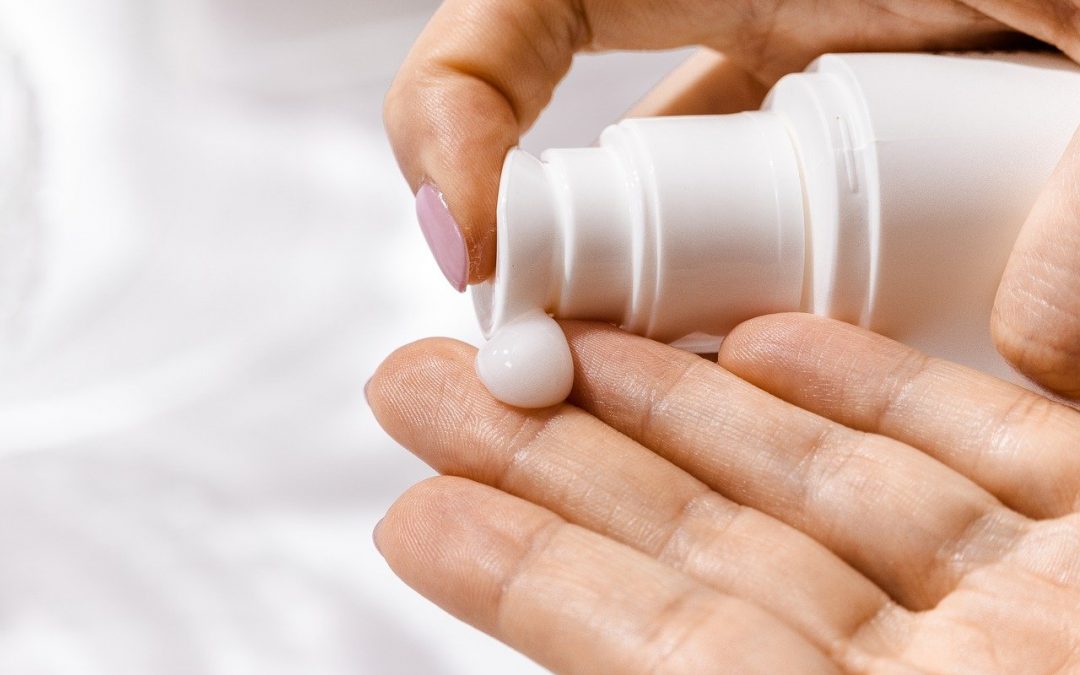Introduction of Retinol
The term retinoid is a chemical derived from vitamin A and means structurally or functionally similar to vitamin A. Retinoids are natural or synthetic types and forms such as retinal, retinol, and retinyl esters.
Retinoid Effect
Retinoid was first commercialized in the 1970s to treat acne and is now used to treat aging skin, psoriasis, and other skin diseases. Retinoid helps the skin be young, firm, and elastic for the following reasons.
- Procollagen is produced by promoting collagen and protein in the skin, muscles, and bones.
- Retinoid stimulates new blood vessels, improving skin light
- Dimming older marks
- Smoothing rough areas and removing blocked pores
- Regulates the growth and cells of the body surface
- Slows skin aging due to ultraviolet exposure.

Role and type of retinoid
The current role of retinoid plays an important role in immunity and skin health, such as reducing inflammation, removing clogging of pores, reducing the appearance of wrinkles, and regulating the growth of cells on the skin surface. Stronger retinoids are used to treat psoriasis, acne, and skin cancer. Retinoids are divided into topical retinoids used as creams, gels, and liquids, as well as oral retinoids with tablets and capsules.
Using retinoid
In the case of oral retinoids, people should follow their doctors’ recommendations on when and how to take them. The topical retinoid is thoroughly rubbed with a predetermined amount within the prescribed range. Use it once every two days for the first two to four weeks and wash it after 30 to 60 minutes in the meantime. Apply an amount as small as a bean, if applied too much, it can cause itching, redness, and dryness.
It is important to note that retinoids have adverse reactions to UV/sunlight, so it is recommended to apply at night. If applied during the day, layering with sunscreen is a must. Weaker retinoids can be used over the counter (OTC) without a doctor’s prescription, stronger retinoids can be prescribed by doctors for skin treatment and come in various forms.

Side effects
Retinoid usually causes dry skin, redness, and itching, but it disappears over time. However, seek immediate medical assistance if unwanted symptoms persist. People with skin allergies, dry skin, and sensitive skin should use it carefully.
Side effects of local retinoids include skin flushing, excessive skin drying, skin scaling, and itching. In addition, in less than 10% of the population, early acne ignition, extreme skin sensitivity after exposure to sunlight, skin discoloration, eczema flare, skin swelling, and stinging blisters.
Also, due to the risk of congenital disability, those who are pregnant or are about to become pregnant should not take oral retinoid. To prevent this risk, wait two to three months after taking oral retinoid before getting pregnant.
When taking oral retinoid, blood donation is not possible. In addition, there are potential risks of mental health development, muscle pain, joint pain, bone pain, headache, night vision loss, abdominal pain, nausea, and diarrhea. It may also cause unhealthy cholesterol levels, bumps around nails and toenails, and a burning sensation on the skin. It should not be used during pregnancy or breastfeeding due to the risk of congenital disorders.

Examples of Retinoids
Tretinoin, retinyl palmitate, retinaldehyde, isotretinoin, and tazarotene are examples of retinoids, according to UW Health.
Retinoids vs. Retinol
Retinoids and retinol are both forms of Vitamin A. They provide similar anti-aging results but in different time frames. Retinoids are FDA approved and are often only available with a prescription, while retinol is available over the counter.
Alternatives of Retinol
There are also other ingredients that have similar effects as retinol.
- Bakuchiol: comes from the seeds of the Babchi plant and, like retinol, promotes collagen production, improves skin tone, improves fine wrinkles, and reduces inflammation.
- Amino Acids: usually known as peptides. This reduces signs of aging and protects against free radioactive damage.
- Niacinamide: supports the skin barrier (skin shell), increases elasticity, and improves the texture by smoothing pores.
- Rose Seed Oil & Rosehip Oil: rich in essential fatty acids and antioxidants, which are effective in regenerating tissues and cells of the skin, helping to reduce scars and fine wrinkles.
- Bidens Pilosa and Stevia plant: help to smooth fine lines and wrinkles
- Phyto-retinol or Picão Preto plant: supports natural collagen in the skin, smooths lines and wrinkles, and improves the appearance of photodamage.
- Padina Pavonica, Red Microalgae, Alfalfa, and Stevia: reduce wrinkles and improve firmness without irritation.

Conclusion
Retinol helps remove and reduce signs of aging, improve the appearance of fine wrinkles, and improve skin texture, which is a necessity for flawless-looking skin. Therefore, people take retinol to look younger and healthier. When using retinol, pay attention to the side effect and see a doctor immediately if the aforementioned symptoms continue. If retinol does not work well, other substitutes can be considered. Still, retinol has few side effects and can be a good product for people who want beautiful and young skin.
References
Lawler, M., Groth, L., Lawler, M., Migala, J., & Millard, E. (2020, April 8). New to retinol? A complete guide on the skin-care ingredient. EverydayHealth.com. Retrieved October 21, 2021, from https://www.everydayhealth.com/smart-skin/new-to-retinol-a-complete-guide-on-the-skin-care-ingredient/.
Thomas, K. (2021, June 30). Retinol alternatives: What to use if you can’t use retinoids. Marie Claire. Retrieved November 5, 2021, from https://www.marieclaire.co.uk/beauty/skincare/retinol-alternatives-736327.
WebMD. (2019, October 19). How retinoids help with aging. WebMD. Retrieved October 21, 2021, from https://www.webmd.com/beauty/ss/slideshow-retinoids-for-aging.
Werbowski, K. (2020, October 19). Retinoids vs. retinol: They sound the same, but what’s the difference? Skin Spa New York. Retrieved October 21, 2021, from https://skinspanewyork.com/blogs/news/retinoids-vs-retinol-they-sound-the-same-but-whats-the-difference
West, M. (2021, July 28). What are retinoids, and what do they treat? Medical News Today. Retrieved October 21, 2021, from https://www.medicalnewstoday.com/articles/retinoids.

